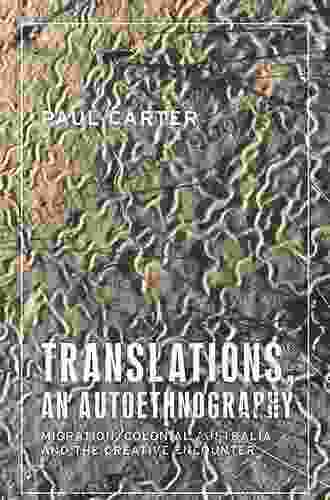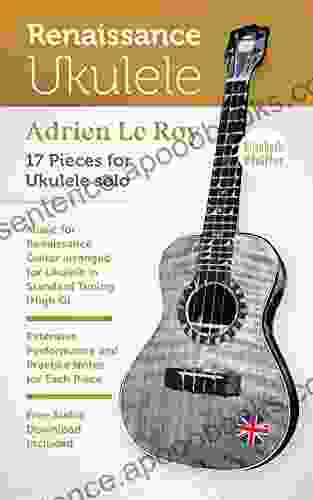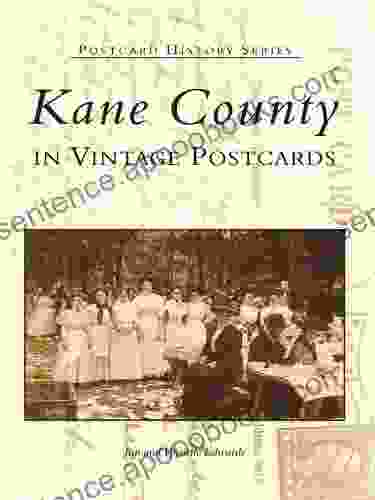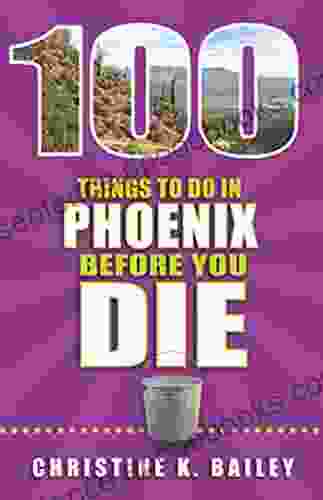Migration, Colonial Australia, and the Creative Encounter: Anthropology, Creativity, and the Human Odyssey

In the tapestry of human history, migration stands as a thread that weaves together the destinies of nations and individuals alike. It is a transformative force that not only alters geographical landscapes but also reshapes cultural identities and literary traditions.
4.3 out of 5
| Language | : | English |
| File size | : | 3363 KB |
| Text-to-Speech | : | Enabled |
| Screen Reader | : | Supported |
| Enhanced typesetting | : | Enabled |
| Word Wise | : | Enabled |
| Print length | : | 332 pages |
In the context of colonial Australia, migration emerged as a crucible where diverse cultures collided, clashed, and ultimately intertwined. The arrival of European settlers, with their own distinct values and perspectives, profoundly impacted the lives of the Indigenous peoples who had inhabited the land for millennia.
This complex and often tumultuous history has left an indelible mark on the literary landscape of Australia. In the works of writers from both Indigenous and settler backgrounds, we find a rich and multifaceted exploration of the themes of migration, colonialism, and the creative encounter.
Migration and Identity
Migration is a journey that often involves a profound sense of loss and displacement. As individuals are uprooted from their familiar surroundings, they must negotiate the challenges of adapting to a new culture while simultaneously holding onto their own heritage.
In the novel The Secret River by Kate Grenville, we witness the struggles of William Thornhill, an English convict who migrates to Australia in the early 19th century. As he attempts to establish a new life for himself, he is confronted with the harsh realities of the colonial frontier and the complex moral dilemmas that arise from his interactions with the Indigenous Dharug people.
Through Thornhill's experiences, Grenville explores the complexities of identity formation in a colonial context. Migration becomes a catalyst for both personal growth and moral reckoning, as Thornhill grapples with the consequences of his actions and the legacy he will leave behind.
Colonialism and Resistance
Colonialism is a system of power that imposes the values and institutions of one society upon another. It is a process that often involves violence, exploitation, and cultural suppression.
In the writings of Indigenous Australian authors such as Alexis Wright, we find a powerful critique of the colonial project. Wright's novel Carpentaria depicts the devastating impact of colonization on the lives of the Aboriginal peoples of northern Australia.
Through the interwoven narratives of Indigenous characters, Wright exposes the brutality of the missionaries, the theft of land, and the systematic destruction of Aboriginal culture. Yet, amidst this bleak landscape, she also celebrates the resilience and resistance of her people.
The Creative Encounter
Amidst the challenges and conflicts of migration and colonialism, creativity emerges as a powerful force for resilience and renewal. The creative encounter, whether in the form of literature, music, or visual art, provides a space for individuals to express their experiences, explore their identities, and connect with others.
In the poetry of Oodgeroo Noonuccal, an Indigenous Australian woman who lived through the era of the Stolen Generations, we find a powerful voice that both mourns the losses of the past and celebrates the enduring spirit of her people.
Through her words, Noonuccal creates a bridge between Indigenous and non-Indigenous Australians, inviting readers to witness the beauty of her culture and the resilience of her community.
Anthropological Perspectives
The study of migration, colonialism, and the creative encounter offers valuable insights into the human condition. Anthropology, as a discipline that examines human societies and cultures across time and space, provides a rich framework for understanding the complexities of these phenomena.
In her book Migration, Colonialism, and the Creative Encounter, Dr. Isabella Moore draws on anthropological theories and methods to explore the ways in which migration and colonialism have shaped the literary landscape of Australia.
Moore's work offers a nuanced and illuminating analysis of the creative works of both Indigenous and settler writers, shedding light on the intersections of culture, identity, and power.
Migration, colonialism, and the creative encounter are intertwined threads that have woven the rich and complex tapestry of Australian literature. Through the works of writers from diverse backgrounds, we gain a deeper understanding of the human experience and the challenges and opportunities that arise when cultures collide.
As we navigate the increasingly interconnected and globalized world of the 21st century, the lessons we learn from the Australian experience can help us to build more inclusive and just societies that embrace the transformative power of migration and celebrate the diversity of human creativity.
In the words of writer and activist Henry Reynolds, "Migration is a human right. It is a right to move, to change, to grow, to learn, to experience the world. It is a right to a new beginning, a new life." May we all embrace this right and work together to create a world where the creative encounter is not only possible but celebrated.
4.3 out of 5
| Language | : | English |
| File size | : | 3363 KB |
| Text-to-Speech | : | Enabled |
| Screen Reader | : | Supported |
| Enhanced typesetting | : | Enabled |
| Word Wise | : | Enabled |
| Print length | : | 332 pages |
Do you want to contribute by writing guest posts on this blog?
Please contact us and send us a resume of previous articles that you have written.
 Book
Book Novel
Novel Page
Page Chapter
Chapter Text
Text Story
Story Genre
Genre Reader
Reader Library
Library Paperback
Paperback E-book
E-book Magazine
Magazine Newspaper
Newspaper Paragraph
Paragraph Sentence
Sentence Bookmark
Bookmark Shelf
Shelf Glossary
Glossary Bibliography
Bibliography Foreword
Foreword Preface
Preface Synopsis
Synopsis Annotation
Annotation Footnote
Footnote Manuscript
Manuscript Scroll
Scroll Codex
Codex Tome
Tome Bestseller
Bestseller Classics
Classics Library card
Library card Narrative
Narrative Biography
Biography Autobiography
Autobiography Memoir
Memoir Reference
Reference Encyclopedia
Encyclopedia Tomas Transtromer
Tomas Transtromer Edward Ball
Edward Ball Rania Naim
Rania Naim Emma Mcgann
Emma Mcgann Ellen Fein
Ellen Fein Arne Drews
Arne Drews Alejandro Lichauco
Alejandro Lichauco Benjamin T Smith
Benjamin T Smith Ellis Amdur
Ellis Amdur Emma Goldrick
Emma Goldrick Allan Small
Allan Small Joel Bergeron
Joel Bergeron Elizabeth Barton
Elizabeth Barton Elton T E Barker
Elton T E Barker Clark Norton
Clark Norton Jason Cochran
Jason Cochran Josephine Dickinson
Josephine Dickinson M A Noble
M A Noble Denise Giles
Denise Giles Elizabeth Lowell
Elizabeth Lowell
Light bulbAdvertise smarter! Our strategic ad space ensures maximum exposure. Reserve your spot today!
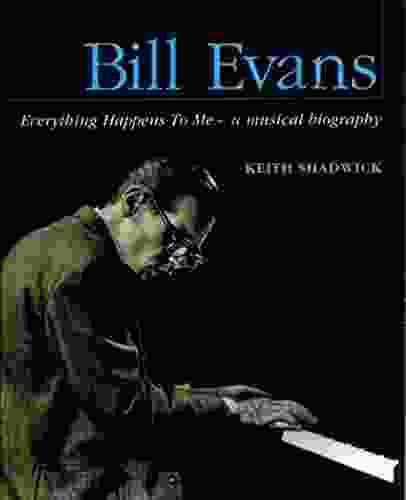
 George Bernard ShawBill Evans: Everything Happens to Me - A Masterful Exploration of Jazz Piano
George Bernard ShawBill Evans: Everything Happens to Me - A Masterful Exploration of Jazz Piano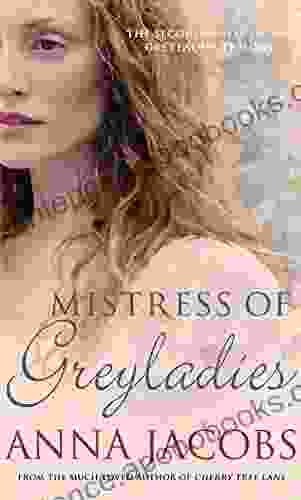
 Truman CapoteMistress of Greyladies: A Literary Tapestry of Love, Betrayal, and Redemption
Truman CapoteMistress of Greyladies: A Literary Tapestry of Love, Betrayal, and Redemption Bob CooperFollow ·19.4k
Bob CooperFollow ·19.4k Todd TurnerFollow ·16.6k
Todd TurnerFollow ·16.6k Martin CoxFollow ·18.4k
Martin CoxFollow ·18.4k Henry HayesFollow ·13.4k
Henry HayesFollow ·13.4k Rod WardFollow ·12.8k
Rod WardFollow ·12.8k John GreenFollow ·3.4k
John GreenFollow ·3.4k Brett SimmonsFollow ·3.2k
Brett SimmonsFollow ·3.2k Jamison CoxFollow ·5.4k
Jamison CoxFollow ·5.4k

 Julian Powell
Julian PowellShetland Pony: Comprehensive Coverage of All Aspects of...
The Shetland...
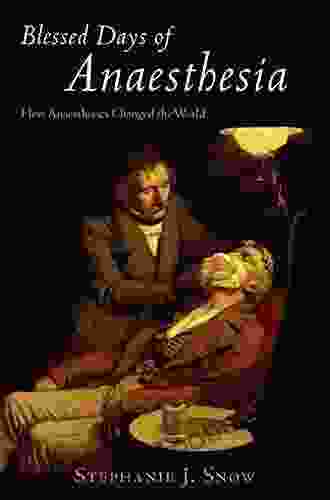
 Cason Cox
Cason CoxHow Anaesthetics Changed the World: A Medical Revolution...
Imagine a world where surgery is an...
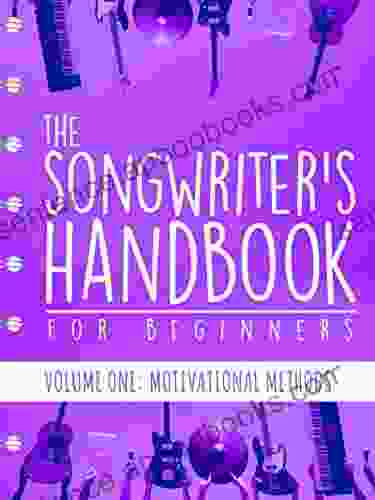
 Harold Powell
Harold PowellUnleash Your Inner Songwriter: The Ultimate Guide for...
Calling all aspiring songwriters!...
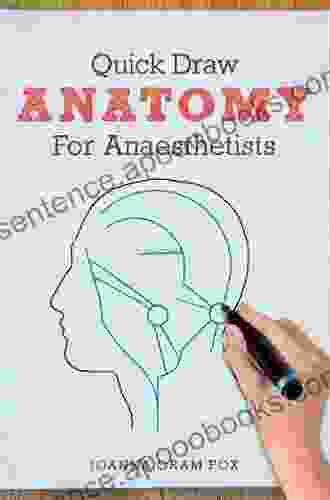
 Nikolai Gogol
Nikolai GogolUnleash Your Artistic Potential: Quick Draw Anatomy for...
In the dynamic and visually...
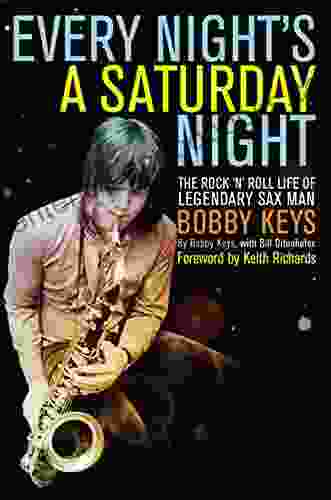
 Tim Reed
Tim ReedThe Rock 'n' Roll Life of Legendary Sax Man Bobby Keys
The Rock 'n' Roll Life...

 Damon Hayes
Damon HayesMoney Management Activities for Youth: A Guide to...
In an era marked by rapidly...
4.3 out of 5
| Language | : | English |
| File size | : | 3363 KB |
| Text-to-Speech | : | Enabled |
| Screen Reader | : | Supported |
| Enhanced typesetting | : | Enabled |
| Word Wise | : | Enabled |
| Print length | : | 332 pages |


